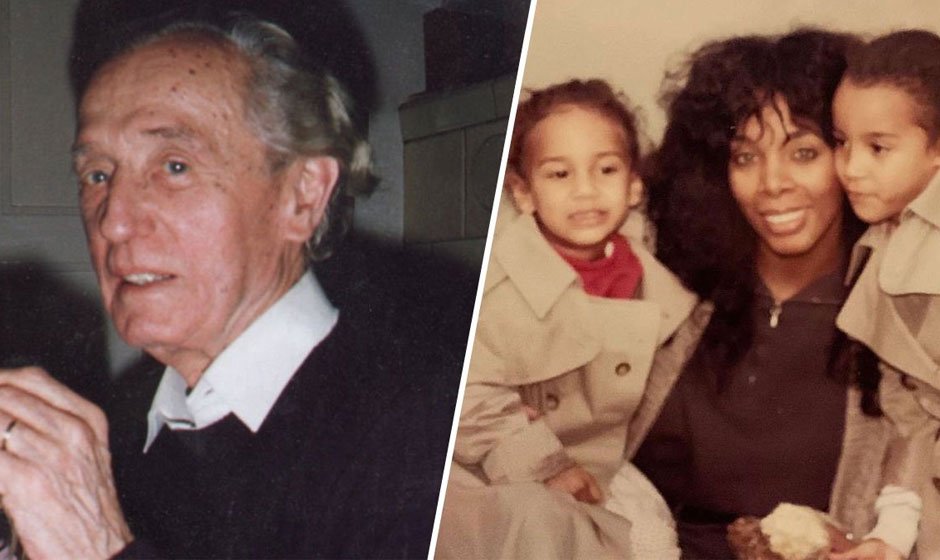Helmuth Sommer was born on July 5, 1911, in Austria, a country rich in musical tradition. From an early age, he showed a strong connection to sound. Surrounded by European classical music, he found his way into the world of composition and arrangement. It wasn’t just a hobby for him. Music was something he lived and breathed.
He became skilled in playing multiple instruments and slowly built a name for himself within Europe’s music circles. His early years were shaped by a mix of classical influence and a curiosity for more modern, experimental sounds. This combination helped him stand out as a creative force behind the scenes.
Crafting a Name as a Music Arranger
By the 1960s, Helmuth had already made a solid impression in Europe’s recording studios. He worked as a music arranger, which meant he was the one pulling the musical pieces together and turning simple melodies into full-bodied arrangements. His talent wasn’t loud or flashy, but it was deeply respected by musicians who knew the power of a strong arrangement.
He had a special ear for mixing different genres. While others stuck to one sound, Helmuth liked to explore. He worked with pop, classical, and eventually the rhythmic grooves that would shape the early disco movement. Though his name didn’t appear on big posters, his fingerprints were on many songs that helped define the era.
Meeting Donna Summer in Germany
During his time in Germany, Helmuth met a young American singer named LaDonna Adrian Gaines. She was performing in theater and finding her way in the European music scene. Their connection grew through shared musical interests and personal chemistry. In 1973, they married and soon welcomed their daughter Natalia Pia Melanie Sommer, lovingly called Mimi.
It was also during this period that LaDonna began using the name Donna Summer. She adopted “Summer” as a variation of Helmuth’s last name, Sommer. That simple choice became a major turning point in her branding. The name stuck, and it’s now iconic in the history of disco. Helmuth’s presence during this time gave Donna both professional and personal support as she found her voice as a solo artist.
A Creative Force Behind the Curtain
Even as Donna Summer’s career took off, Helmuth stayed mostly in the background. He didn’t crave the spotlight. He focused on what he knew best—music. His work as an arranger helped shape many of the foundational sounds that became part of the disco boom of the 1970s.
While Donna was dazzling on stage, Helmuth was part of the larger music machine that helped polish her early sound. His arrangements were detailed and precise. He understood how to build rhythm sections, layer harmonies, and structure music that made people move. That skill was crucial to the disco sound, which depended on steady beats, lush instrumentation, and catchy hooks.
Life After Marriage and Dedication to Family
After their divorce in 1976, Helmuth stepped away from public attention. Still, he remained active in music. He also stayed involved in his daughter’s life. Family became a major focus, giving him time to step back from the demands of the entertainment industry.
His relationship with Donna didn’t just vanish after the divorce. They shared a daughter and a meaningful chapter of their lives. While Donna continued her rise as the Queen of Disco, Helmuth quietly cheered from a distance, proud of the role he played in her early years.
The Lasting Echo of Helmuth Sommer’s Work
Helmuth Sommer might not be the first name you hear when people talk about the disco era, but his influence is there. From his thoughtful arrangements to his role in helping Donna find her musical identity, he left a lasting impact. His work represents the people behind the scenes who bring big moments to life.
Disco didn’t just happen on stage. It was built in studios, written in late-night sessions, and arranged by people like Helmuth who knew how to bring sound to life. His quiet strength and musical wisdom helped shape a movement that still inspires artists today.
His legacy is felt in the rhythms of disco revival tracks and in every moment someone hits the dance floor to a Donna Summer classic. Helmuth Sommer may not have sung the songs, but he helped build the stage they were sung on.
